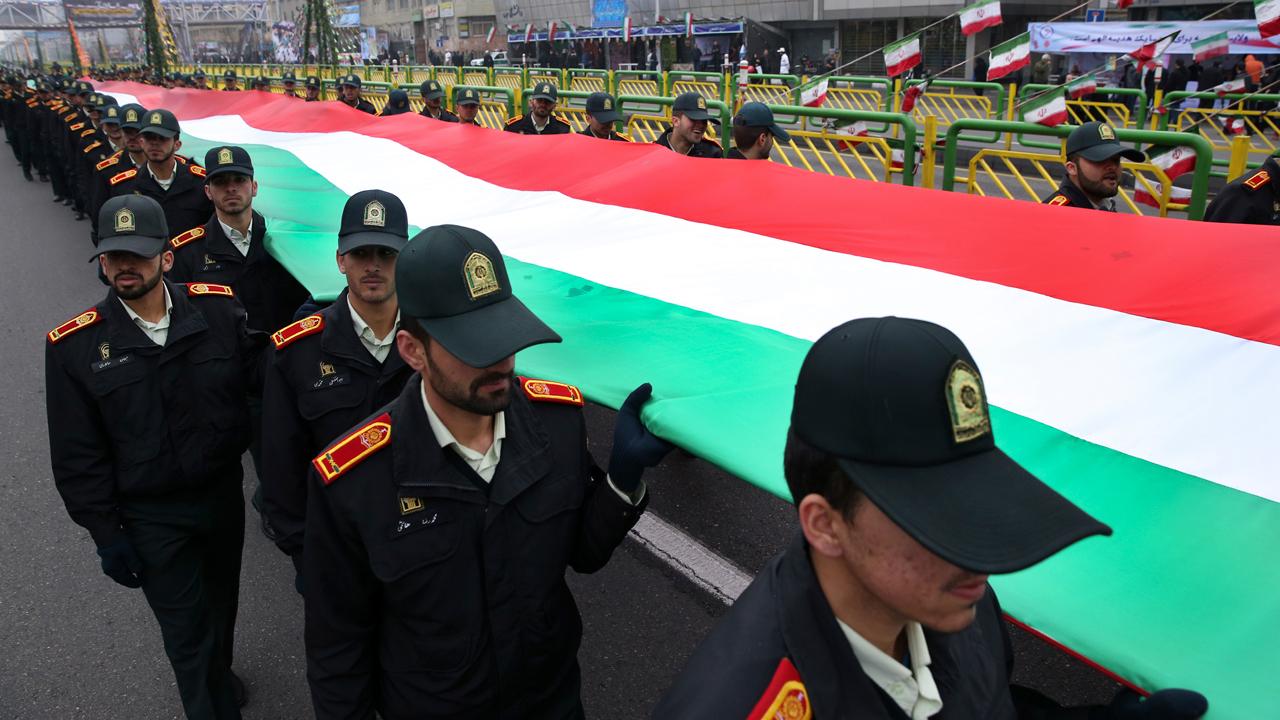Trump's Iran sanctions: EU plans for workaround
The European Union is searching for ways to circumvent the Trump administration’s renewed sanctions on Iran, which could have long-term consequences on U.S. policy.
The EU has designed a special-payment channel – a legal entity that would “facilitate legitimate financial transactions with Iran,” thereby allowing trade to continue. Other countries are welcome to participate.
However – thanks to the threat of U.S. retaliation –it is unlikely the measure will see much success over the near-term, according to Emma Ashford, a research fellow with the Cato Institute. But the workaround might end up having long-term implications when it comes to the effectiveness of U.S. sanction policies.
“[The] infrastructure allows European companies to avoid U.S. sanctions in the future … long-term it’s very worrying for the future of U.S. sanctions infrastructure,” Ashford said.
On Monday, the U.S. government officially re-imposed all of the sanctions on Iran that were suspended as a result of the nuclear deal signed during President Barack Obama’s tenure. Trump withdrew from the 2015 nuclear accord in May, but all of the others that signed on to the agreement – including countries belonging to the EU – are hoping to keep the deal in place. In exchange for lifting sanctions on Iran, Tehran agreed to reduce its nuclear program as part of the accord.
Monday’s sanctions target more than 700 entities in Iran, focusing on the energy and finance sectors of the oil-producing regime.
“The maximum pressure exerted by the United States is only going to mount from here,” U.S. Treasury Secretary Steven Mnuchin said in a statement.
The Trump administration said it will lift the sanctions if Tehran complies with a list of demands.
The president gave companies a specified period to wind down business with Iran – they face punishment from the U.S. government for failing to do so.




















